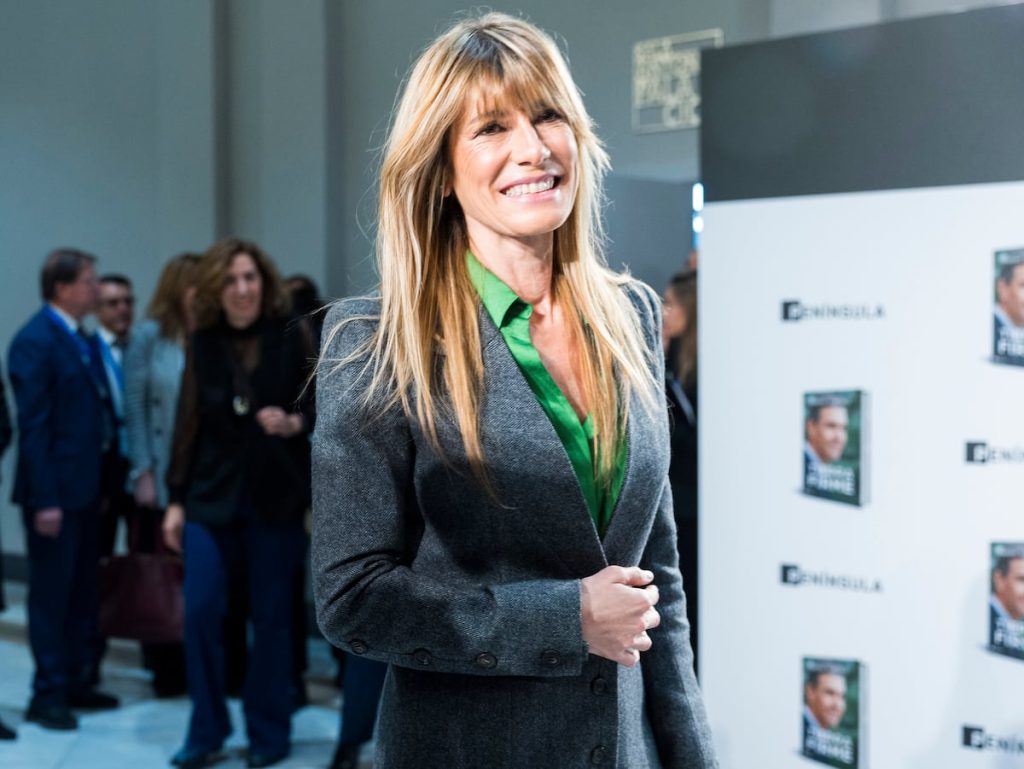The Central Operative Unit (UCO) of the Civil Guard has not found evidence of the influence peddling crime reported by the ultra-pseudosyndicate Manos Limpias regarding various jobs of Begoña Gómez, wife of the President of the Government, Pedro Sánchez. The judge of the 41st Court of Madrid, Juan Carlos Peinado, opened proceedings against Begoña Gómez on April 23 for alleged crimes of corruption in the private sector and influence peddling based on a lawsuit filed by Manos Limpias. The UCO was tasked with investigating two operations allegedly influenced by Begoña Gómez which resulted in substantial public assistance to private companies, including the rescue of Air Europa during the pandemic and grants from Red.es to a company, Innova Next, associated with the woman’s husband.
The Guardia Civil’s report found no evidence linking Begoña Gómez to the Air Europa bailout or the Red.es grants. While Gómez had coincided with a director of Globalia (Air Europa’s parent company), the report stated there was no evidence linking this to the decision to rescue Air Europa. Regarding Red.es grants, the report found that the letters of recommendation included in the company’s offer did not show any direct influence from Gómez. The report also analyzed contracts awarded to Barrabés’ companies by public administrations in the past, but found no evidence of ties between those who evaluated the Red.es bids and Gómez. The UCO also pointed out that Gómez had not received any public grants, despite false claims in the lawsuit filed by Manos Limpias.
The Supreme Court’s jurisprudence on influence peddling requires a personal relationship between the subject and a public official, along with the use of that relationship to influence a decision. However, the Guardia Civil’s investigation did not find evidence of this in the case of Begoña Gómez. The report highlighted that the false news reported by Manos Limpias regarding a grant in Gómez’s name was debunked by the National Subsidies Database. The influence peddling offense entails exerting moral pressure on decision-makers to sway their decisions, which was not found in the UCO’s investigation into Gómez.
The UCO’s report has been submitted to the judge handling the case, who recently interviewed journalists from media outlets that had suggested Gómez was involved in influence peddling. However, no evidence of influence peddling was presented during the questioning. As a result, the investigation by the Guardia Civil did not substantiate the allegations made by Manos Limpias against Begoña Gómez. The report concluded that there were no indications of any wrongdoing by Gómez in relation to the public assistance provided to private companies, and that the accusations were unfounded.















